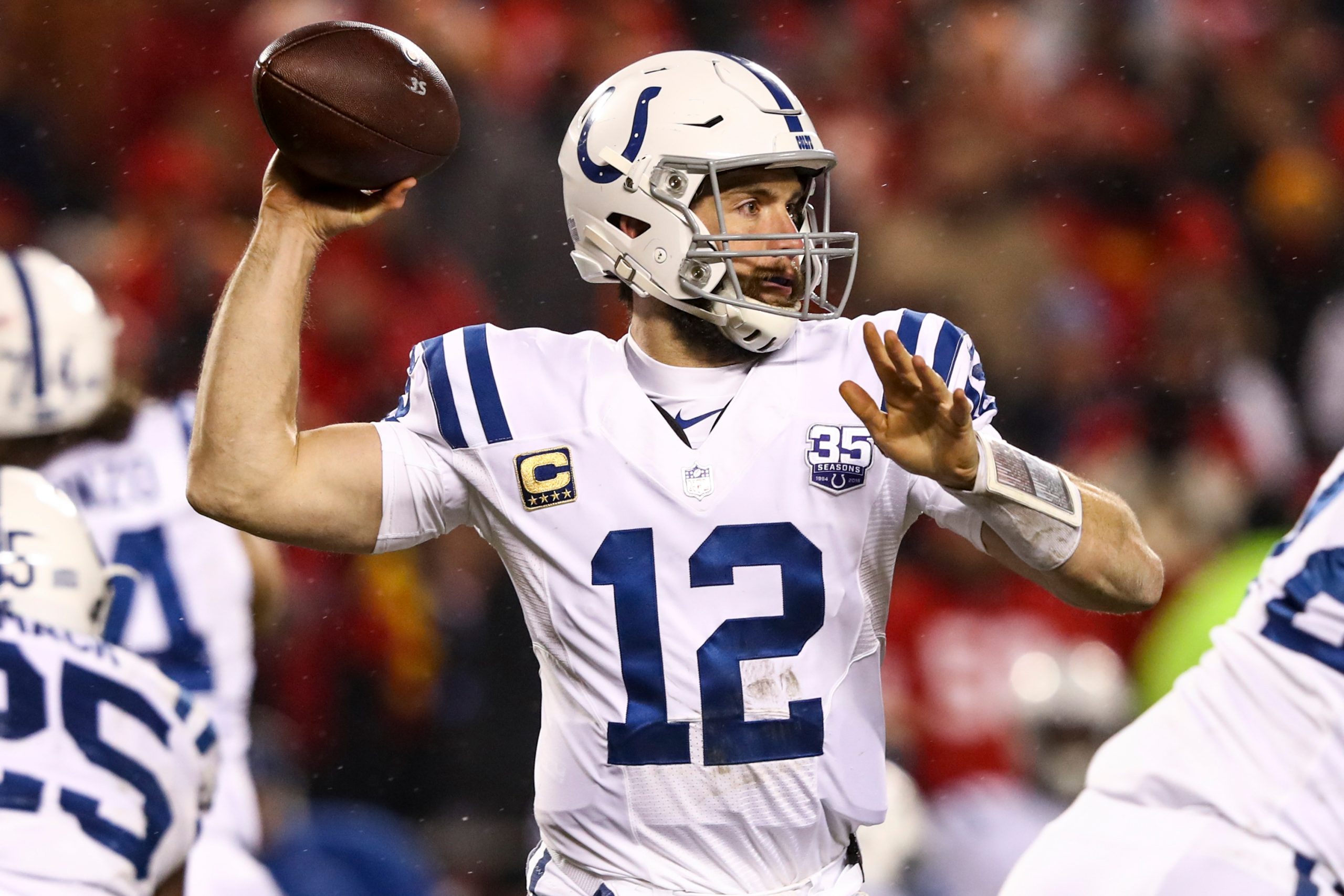
Andrew Luck Makes Shocking Admission on Early NFL Retirement
Former Indianapolis Colts quarterback Andrew Luck shocked the sports world when he announced his retirement from the NFL at the young age of 29. The announcement came just two weeks before the start of the 2019 season, leaving fans and teammates stunned and confused. Many questioned why Luck would walk away from the game at such a young age, especially when he still had many years of playing ahead of him.
In a press conference following his announcement, Luck revealed the reasons behind his decision to retire. He cited a number of factors that led to his early retirement, including his ongoing battle with injuries and the toll that playing professional football had taken on his mental and physical health. Luck had been dealing with a lingering calf injury that just wouldn’t heal, and he knew that he wouldn’t be able to play at the level he wanted to if he continued to push through the pain.
Luck also opened up about the toll that playing football had taken on his mental health. The pressure of being a starting quarterback in the NFL, combined with the constant scrutiny and criticism from fans and the media, had taken a significant toll on Luck’s mental well-being. He spoke candidly about the anxiety and depression that he had been battling for years, and how it had reached a point where he couldn’t ignore it any longer.
Luck’s admission was met with a mix of support and criticism from fans and analysts alike. Some praised him for having the courage to prioritize his health and well-being over his career, while others questioned his dedication to the game and accused him of abandoning his team. Despite the backlash, Luck remained firm in his decision and expressed that he knew it was the right choice for him at this point in his life.
As the dust settled on Luck’s retirement, the sports world began to reflect on his legacy as a quarterback. Luck was widely regarded as one of the most talented and promising quarterbacks of his generation, with a bright future ahead of him in the NFL. He was the first overall pick in the 2012 NFL Draft and quickly established himself as a star player, leading the Colts to multiple playoff appearances and earning numerous accolades along the way.
However, injuries plagued Luck throughout his career, with a string of serious injuries limiting his playing time and effectiveness on the field. He missed the entire 2017 season due to a shoulder injury that required surgery, and he struggled to regain his form upon returning to the field. Despite these setbacks, Luck remained determined to push through the pain and continue playing the game he loved.
In the end, it was the combination of injuries and mental health struggles that led Luck to make the difficult decision to retire. He realized that he couldn’t continue to put his body and mind through the rigors of professional football, and he knew that it was time to step away from the game and focus on his health and well-being. Luck’s retirement served as a stark reminder of the toll that playing football can take on a player, both physically and mentally, and sparked a much-needed conversation about the importance of prioritizing player health and safety.
Despite his early retirement, Luck’s impact on the game of football will not be forgotten. He leaves behind a legacy as one of the most talented and promising quarterbacks of his generation, and his decision to prioritize his health and well-being will serve as an important reminder to players and fans alike about the importance of taking care of oneself both on and off the field. Andrew Luck may have retired early, but his impact on the game of football will be felt for years to come.
Source: Newsweek
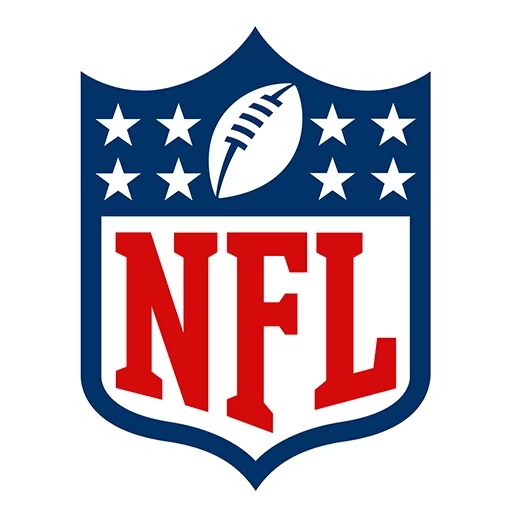
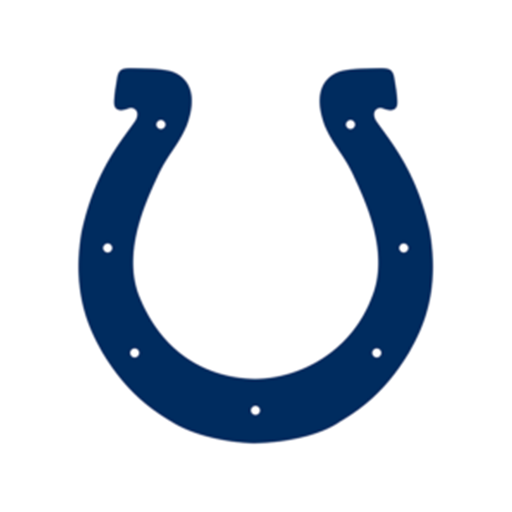











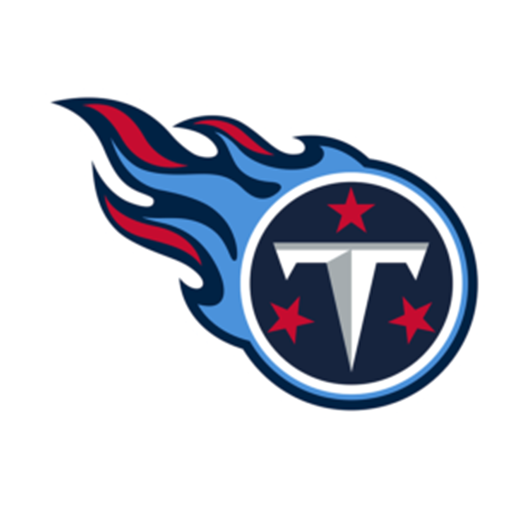

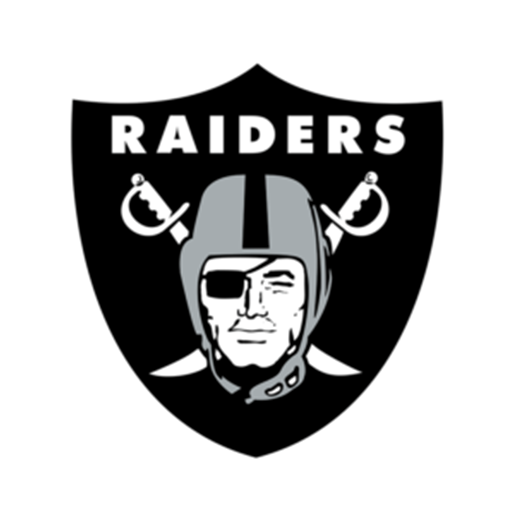






 LIVE
LIVE LIVE
LIVE


